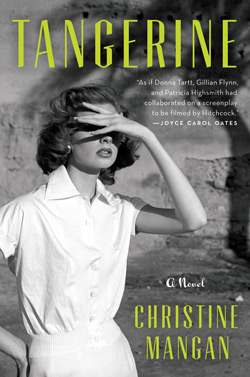
Unfortunately for Alice, Lucy’s games are not just psychological or under the surface, but exaggerated and with real lasting effects. I found the dynamics of their relationship particularly interesting and well-executed, especially as I have personally had a couple of very tricky female friends in the past that played games and competed with me, whether or not I realised it at the time. The dual narratives soon reveal that Alice and Lucy have quite different interpretations of their friendship and exactly why it ended abruptly the year before – and whether or not it should be resurrected. In a way you can see both of their points of view, given that they’ve never met, and especially because Lucy fails to explain why she has suddenly turned up and re-entered Alice’s life. Both see the other as imposing on their own relationship with Alice, threatening the balance. He and Lucy are instantly at odds – he is suspicious of her because of her random appearance, and in turn she is jealous of his closeness to her former best friend. Complicating things further is Alice’s arrogant husband John, the reason she is in Tangier.



It’s easy for mystery alone to wear thin, but luckily their relationship is strange enough for us to want to know more about it as a whole rather than just the curious accident. When Lucy arrives from the US at Alice’s flat in Tangier, the tension between them is a bit of a mystery, and this is the main thing that draws you in – wanting to know what happened when they last saw each other a year before that drove them apart.


 0 kommentar(er)
0 kommentar(er)
